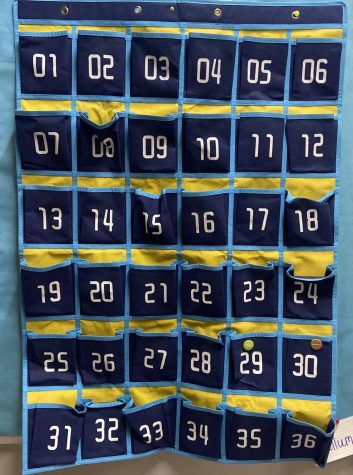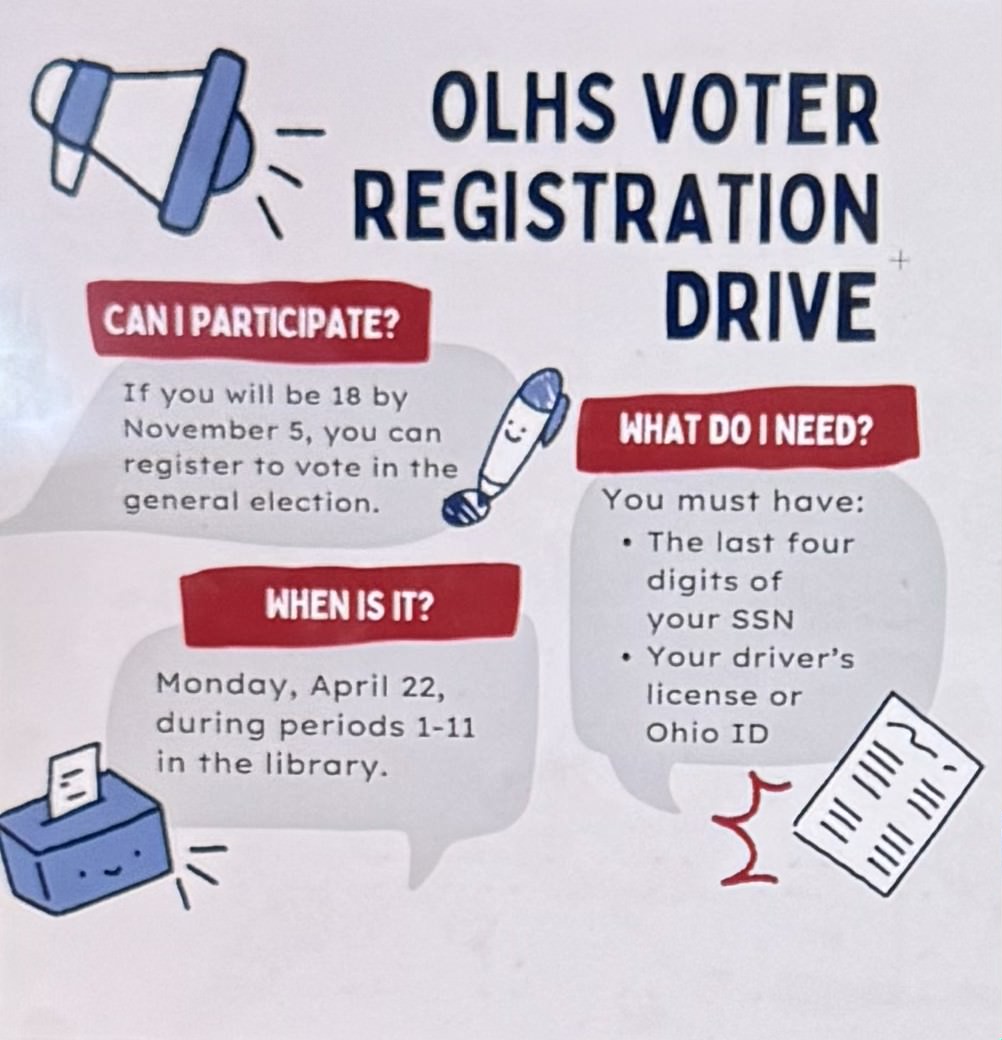Looking at Phone Jails Through the Eyes of Teachers
September 14, 2022
Walking into class on the first day of school and being met with a numbered collection of pockets hanging on a door is a nightmare to most high school students. While there is no shortage of teenage opinions on why phones should or shouldn’t be accessible in the classroom, it may be more efficient to go directly to the source.
If you walk into Mrs. Ellis’ biology classroom, you will spot the infamous phone jail to which she is a firm believer in and user of.
“The only thing that seems to actually work to take your attention away from the phones and keep it in the classroom is putting them out of sight out of mind,” says Ellis.
In Ellis’ 18 years of teaching she has tried implementing numerous phone storing strategies, including letting students have their phones during class.
“I’ve tried it all,” says Ellis.
Through all these varying methods, Ellis has found that in her classroom keeping the phones put away is the only way to not hinder learning in the classroom.
“Phones have an addictive quality to them,” says Ellis.
Many students don’t like phone jails because they worry something urgent will happen that will warrant the use of their phone. However, Ellis recognizes that there are plenty of expectations to the rule.
“If somethings going on and you’re going to be distracted more so if you don’t have your phone, keep your phone and just tell me what is happening,” says Ellis.
Ultimately, Ellis implements the phone jail because she wants students to prioritize learning over any distractions that a phone could be causing.
“Your job right now is to be a student and learn as much as you can,” says Ellis.
History teacher Mr. Hale has a much different take. He not only doesn’t use the phone jail but allows his students two minutes with their phones on Wednesday.
“I think they’re useful in class,” says Hale.
However, Hale is not ignorant to the fact that not every student will exclusively use their phones for school work.
“Kids will take advantage of it, ” says Hale.
Despite this, Hale believes that he has found what works for his classroom and still respects whatever works best for each individual teacher.
“Everything has trade-offs,” says Hale.







